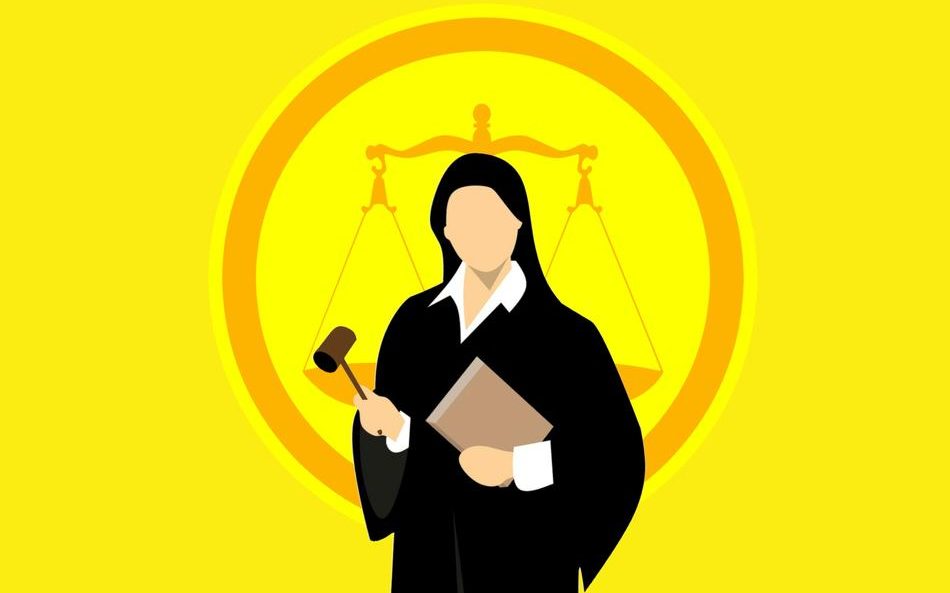
Judicial Character in Hard Times: On the role of judicial virtues and vices in defending the rule of law
Online Seminar Series at the University of Gdańsk
In 2021 the Department of Theory and Philosophy of Law and State at the University of Gdańsk (Poland) cordially invites to the new series of online seminars devoted to the role of the judicial character in sustaining the independence of the judiciary and defending the rule of law. The initiative is part of a research project: Judges and virtues. A study in the aretaic theory of the judiciary financed by the Polish National Science Centre (2018/31/B/HS5/03181).
The Seminar’s theme pertains to whether the good judicial character (understood as a particular set of virtues) could support judicial independence and compensate for the changes in law restricting the judiciary’s constitutional powers – and to what extent. There is historical evidence to support the hypothesis that individual judges’ demeanour and character may influence the overall level of practical judicial independence in a given jurisdiction. The basic assumption shared by constitutional scholars is that the formal (including constitutional) rule-based guarantees and mechanisms are primary and central for the judiciary’s independence. However, it may also be true that the judges’ qualities of character may play a far more critical role in securing their independence and impartiality than the classical deontology-driven legal theories are willing to admit. This may depend on the normative beliefs about the roles and qualities of judges that are inter-subjectively shared in the relevant legal culture. The participants of the Seminar may seek to answer questions such as:
- What is a judicial virtue? Do judicial virtues require good motivation?
- To what extent judicial virtues are particular (professional) traits, or are they instances of general virtues? Could judicial virtue be someone else’s vice?
- Which traits are recognized as judicial virtues in different countries or cultures?
- Is there a hierarchy or another type of ordering of the judicial virtues?
- Are there indispensable judicial virtues?
- Is good judicial character relevant to fulfilling professional obligations by judges?
- Are there different sets of virtues necessary for the judges to possess when struggling for the rule of law in failing democracies than upholding it in stable constitutional jurisdictions respective of judicial independence?
- Can an excellent judicial character compensate for the deficits in formal legal (constitutional) safeguards on the judiciary’s independence?
- Is possessing particular virtues necessary for a judge to be impartial?
- Is the concept of a virtuous moral exemplar instrumental in sustaining judicial independence and impartiality? Does the struggle to uphold the rule of law demand real-life moral exemplars among judges?
- Which judicial vices rouse the most substantial critique of the judiciary as a whole?
- Should virtues (as opposed to personal views) be prioritized in the course of the processes of selecting candidates for judges of the highest courts?
- How could the particular virtues of the judicial character be measured in the context of a selection process?
The Seminar, “Judicial Character in Hard Times”, will be organized as a recurring (monthly or bi-monthly) online event during which an invited distinguished speaker will present her position. A discussion among the participants will follow. The organizers aim at summarizing the Seminar series with an edited volume planned to be published by one of the renowned international publishers. Each of the speakers will be invited to contribute a chapter.
The Seminar meetings will be held in English via MS Teams. Participation is open to the public subject to prior registration.